Search
Search Results
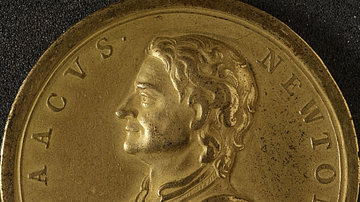
Image
Newton Commemorative Medal
A gilded commemorative medal showing the mathematician and physicist Isaac Newton (1642-1727). Made in England in 1726. (Science Museum, London)
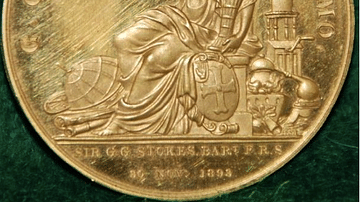
Image
Royal Society Copley Medal
An example of a Copley Medal, the oldest medal awarded by the Royal Society for making an outstanding contribution to the field of scientific knowledge, first issued in 1731.
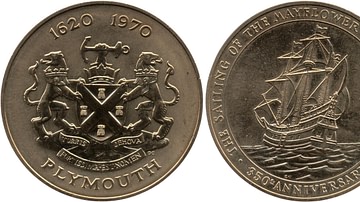
Image
Mayflower Medal
Struck bronze medal showing the Plymouth coat of arms on the reverse and the ship Mayflower on the obverse.
Designed by Christopher Ironside, 1970 CE.
British Isles
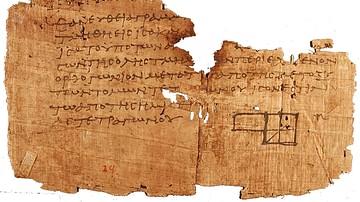
Definition
Ancient Greek Science
Ancient Greek science is a modern term for the application of systematic inquiry into the individual, the world, and the universe, which began in Ionia in the 6th century BCE with Thales of Miletus (l. c. 585 BCE) and continued through the...

Definition
Science
The term science comes from the Latin word scientia, meaning “knowledge”. It can be defined as a systematic attempt to discover, by means of observation and reasoning, particular facts about the world, and to establish laws connecting...

Definition
Roman Science
The Romans assimilated earlier Greek science for their own purposes, evaluating and then accepting or rejecting that which was most useful, much as they did in other fields such as warfare, art, and theatre. This assimilation of Greek thought...
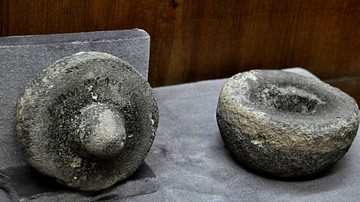
Definition
Mesopotamian Science and Technology
Mesopotamian science and technology developed during the Uruk Period (4100-2900 BCE) and Early Dynastic Period (2900-1750 BCE) of the Sumerian culture of southern Mesopotamia. The foundation of future Mesopotamian advances in scientific/technological...

Definition
Syracusia
The Syracusia was an ancient sailing vessel designed by Archimedes in the 3rd century BCE. She was fabled as being one of the largest ships ever built in antiquity and as having a sumptuous decor of exotic woods and marble along with towers...
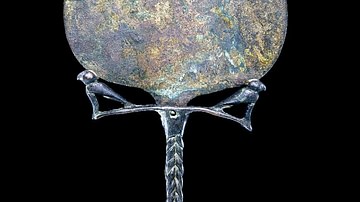
Article
Ancient Egyptian Science & Technology
The great temples and monuments of ancient Egypt continue to fascinate and amaze people in the modern day. The sheer size and scope of structures like the Great Pyramid at Giza or the Temple of Amun at Karnak or the Colossi of Memnon are...
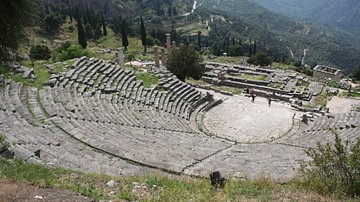
Article
Ancient Greek Inventions
The ancient Greeks are often credited with building the foundations upon which all western cultures are built, and this impressive accolade stems from their innovative contributions to a wide range of human activities, from sports to medicine...